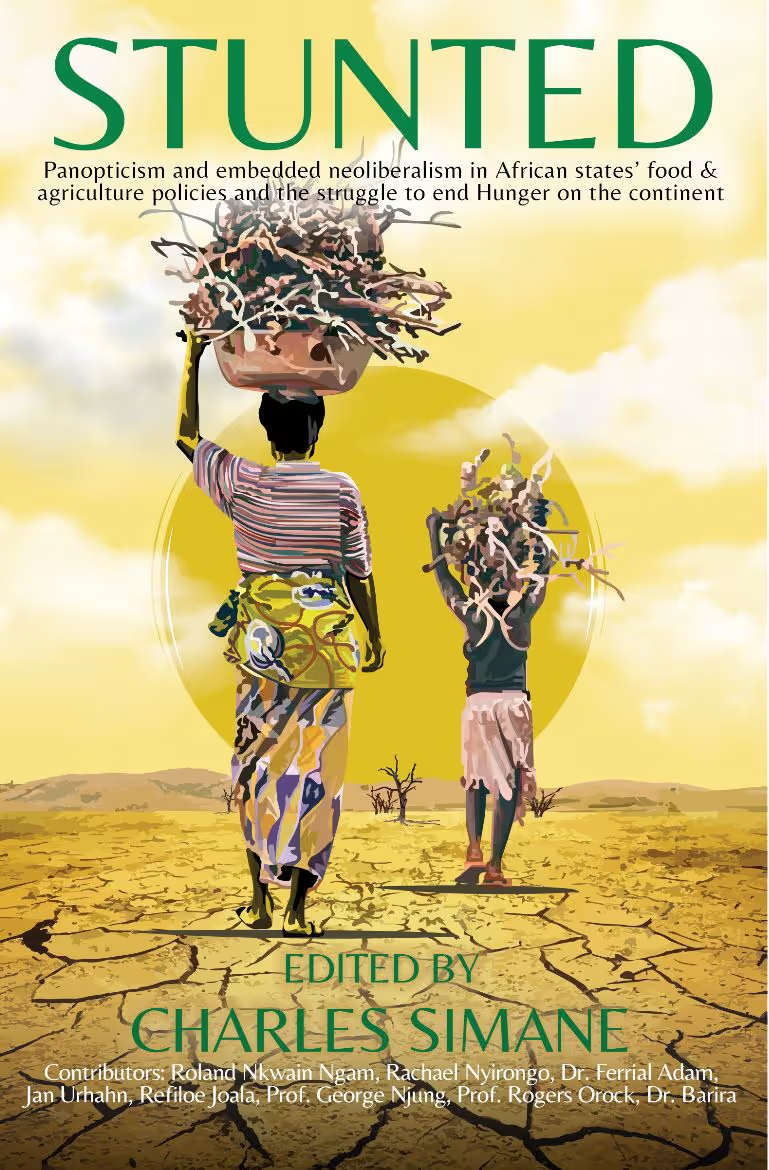The coronavirus pandemic exposed the fragilities of our globalised world. It laid bare the inherent precarity of the global food system and its supply chains from production, transportation, processing, and retail. From a zoonotic health crisis, it quickly became evident that covid-19is equally a social crisis and in many countries in the peripheries of capitalism in the Global South, it quickly escalated into a hunger crisis. Millions were left starving, famine projections dominated the news and the United Nations warned of an imminent food crisis emergency. Millennium development goals were reversed, and food systems were crushed.
Just when the global food system was showing some positive signs of recovery from covid with stabilising commodity prices, growth rates and investments in agriculture as well as the normalisation of supply chains, Russia invaded Ukraine on Thursday the 20th of February2022. The Russian invasion of Ukraine reversed the pandemic recovery that was emerging in global food systems. Prices of fertilizers soared, and food inflation ballooned due to volatile markets and soaring crude oil prices. Both Russia and Ukraine are essential in the global wheat, rapeseed, maize, and sunflower oil markets. Russia in particular is essential in the global Agri-chemical industry. It is one of the top producers of nitrogen, phosphorus, and potassium fertilizers. The war has triggered a chain reaction of catastrophic events across the food chain. Heavy reliance on food imports put African countries in a very precarious situation with some witnessing a doubling of prices overnight. Other states responded with protectionist measures such as export quotas to try and protect their domestic markets, which in turn worsened the disruptions in global supply chains, curtailed supply, and increased food inflation.
In light of these facts, this book seeks to do a deep systems analysis that answers critical questions about the African condition. Questions such as: why are African countries so reliant on food imports? What are the dialectical material conditions that have created and continue to sustain this state of affairs? Where to from here, what should systemic alternative agriculture look like in a precarious world facing harsh climate shocks? This book does a systemic and structural analysis which unpacks the historical development of postcolonial agriculture in Africa within the context of the global ecology of food.




.png)

